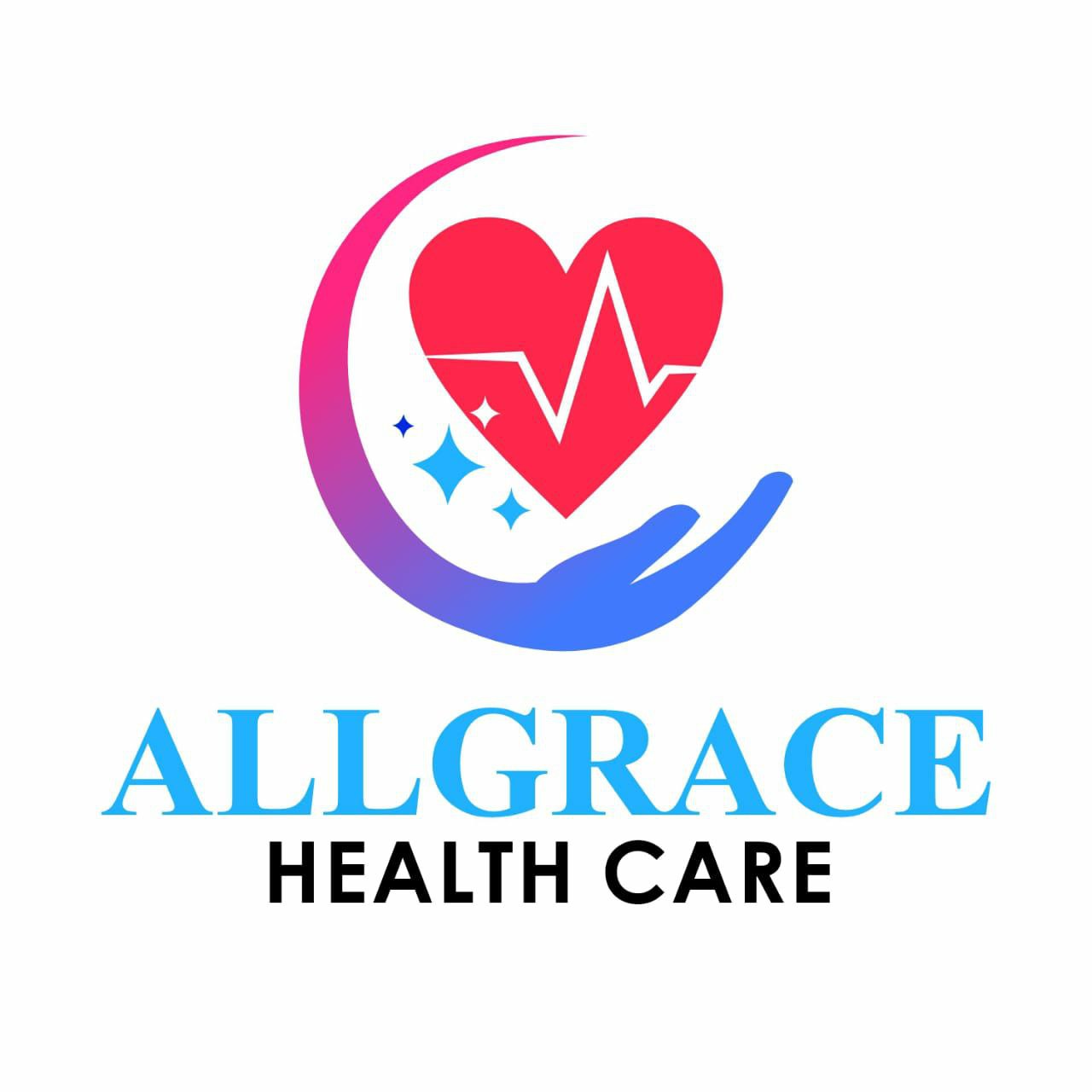Medication management is a crucial aspect of healthcare that involves the safe and effective use of medications. It encompasses various activities such as prescribing, dispensing, administering, and monitoring medications. Proper medication management is essential to ensure that patients receive the right medication, at the right dose, and at the right time. In this blog post, we will explore the importance of medication management and provide strategies and tools to help individuals effectively manage their medications.
The purpose of this blog post is to educate readers about the significance of medication management and provide practical tips to overcome common challenges. By understanding the importance of medication management and implementing effective strategies, individuals can improve their health outcomes and reduce the risk of medication errors.
Key Takeaways
- Proper medication management is crucial for maintaining good health and preventing complications.
- Common challenges in medication management include forgetfulness, confusion, and side effects.
- Creating a medication schedule and reminder system can help individuals stay on track with their medications.
- Effective communication with healthcare providers is important for ensuring safe and effective medication use.
- Organizing medications for easy access and administration can simplify the medication management process.
Understanding the Importance of Medication Management
Medication management refers to the process of ensuring that medications are used safely and effectively to achieve optimal health outcomes. It involves various steps such as obtaining accurate medication histories, assessing medication appropriateness, monitoring for adverse effects, and promoting adherence to prescribed regimens.
Effective medication management is crucial for several reasons. Firstly, it helps prevent medication errors, which can have serious consequences for patients. Medication errors can occur at any stage of the medication use process, from prescribing to administration. By implementing proper medication management practices, healthcare providers can minimize the risk of errors and ensure patient safety.
Secondly, medication management plays a vital role in optimizing therapeutic outcomes. When medications are used correctly and as prescribed, they can effectively treat medical conditions and improve quality of life. On the other hand, poor medication management can lead to treatment failure or inadequate symptom control.
Lastly, medication management is essential for minimizing adverse drug reactions and drug interactions. Some medications can have side effects or interact with other drugs, leading to potential harm. By carefully managing medications, healthcare providers can identify and mitigate these risks.
Identifying Common Medication Management Challenges
Despite its importance, medication management can be challenging for many individuals. Some common challenges include:
1. Forgetting to take medications: Many people struggle with remembering to take their medications as prescribed. This can lead to missed doses or inconsistent adherence, which can compromise treatment effectiveness.
2. Complex medication regimens: Some individuals may have multiple medications to take at different times of the day, making it difficult to keep track of the schedule and dosage instructions.
3. Limited health literacy: Understanding medication labels, dosage instructions, and potential side effects can be challenging for individuals with limited health literacy. This can lead to confusion and medication errors.
4. Financial constraints: The cost of medications can be a barrier for some individuals, leading to non-adherence or skipping doses to stretch their supply.
5. Lack of support or assistance: Some individuals may not have access to support or assistance in managing their medications, especially if they live alone or have limited mobility.
These challenges can have a significant impact on medication management and overall health outcomes. It is important to address these challenges and develop strategies to overcome them.
Creating a Medication Schedule and Reminder System
One effective strategy for managing medications is to create a medication schedule and reminder system. This helps individuals stay organized and ensures that medications are taken at the right time and in the correct dosage.
There are several types of medication schedules and reminder systems that can be used:
1. Written schedules: A written schedule can be created using a pen and paper or a digital document. This allows individuals to visually see their medication regimen and keep track of when each medication should be taken.
2. Pill organizers: Pill organizers are containers with compartments for each day of the week or specific times of the day. They can be filled in advance with the appropriate medications, making it easy to see if any doses have been missed.
3. Smartphone apps: There are numerous smartphone apps available that can help individuals manage their medications. These apps can send reminders, track adherence, and provide information about each medication.
To create a medication schedule and reminder system, start by listing all the medications you take, including the dosage and frequency. Then, determine the best method for organizing and reminding yourself to take each medication. Experiment with different systems until you find one that works best for you.
Communicating with Healthcare Providers about Medication Management
Effective communication with healthcare providers is crucial for successful medication management. It is important to inform your healthcare provider about all the medications you are taking, including over-the-counter medications, supplements, and herbal remedies. This allows them to assess potential drug interactions and make appropriate adjustments to your treatment plan.
When communicating with your healthcare provider about medication management, consider the following tips:
1. Be prepared: Before your appointment, make a list of all the medications you are taking, including the dosage and frequency. Also, note any side effects or concerns you may have.
2. Ask questions: If you have any doubts or concerns about your medications, don’t hesitate to ask your healthcare provider for clarification. It is important to fully understand why you are taking each medication and how it should be used.
3. Discuss potential side effects: Some medications can cause side effects that may be bothersome or concerning. Talk to your healthcare provider about any side effects you are experiencing and ask if there are any strategies to manage them.
4. Mention any changes in your health status: If there have been any changes in your health status or if you have started taking any new medications, inform your healthcare provider. This will help them assess the appropriateness of your current medication regimen.
By maintaining open and honest communication with your healthcare provider, you can ensure that your medication management plan is tailored to your specific needs and circumstances.
Organizing Medications for Easy Access and Administration

Proper organization of medications is essential for easy access and administration. When medications are organized, it reduces the risk of errors and ensures that the right medication is taken at the right time.
There are several ways to organize medications:
1. Use a designated storage area: Designate a specific area in your home to store your medications. This could be a medicine cabinet, a drawer, or a shelf. Make sure the area is clean, dry, and away from direct sunlight or heat sources.
2. Separate medications by type: Group medications by type (e.g., prescription, over-the-counter, supplements) and store them in separate containers or compartments. This makes it easier to find the medication you need.
3. Label medications: Clearly label each medication with its name, dosage, and instructions. This helps prevent confusion and ensures that the correct medication is taken.
4. Dispose of expired or unused medications: Regularly check your medication supply for expired or unused medications. Safely dispose of these medications according to local guidelines to prevent accidental ingestion or misuse.
By organizing your medications, you can streamline the medication management process and reduce the risk of errors.
Encouraging Independence and Responsibility with Medication Management
Encouraging independence and responsibility in medication management is important, especially for individuals who need to take medications on a long-term basis. By empowering individuals to take an active role in their own healthcare, they can develop skills and habits that promote adherence and improve health outcomes.
Here are some strategies to encourage independence and responsibility with medication management:
1. Provide education and resources: Educate individuals about their medications, including the purpose, dosage instructions, potential side effects, and how to manage them. Provide written materials or online resources that they can refer to for additional information.
2. Foster self-monitoring: Encourage individuals to monitor their own health status and track their medication adherence. This can be done through self-assessment tools or smartphone apps that allow individuals to record their medication intake and any side effects experienced.
3. Set realistic goals: Work with individuals to set realistic goals for medication adherence. Start with small, achievable goals and gradually increase expectations over time. Celebrate successes and provide support when challenges arise.
4. Encourage problem-solving skills: Teach individuals problem-solving skills to overcome barriers to medication adherence. This could include identifying potential obstacles and brainstorming strategies to overcome them.
By promoting independence and responsibility, individuals can take ownership of their medication management and improve their overall health outcomes.
Addressing Side Effects and Other Medication Concerns
Addressing side effects and other medication concerns is crucial for effective medication management. Some medications can cause side effects that may be bothersome or concerning. It is important to address these concerns to ensure that individuals continue taking their medications as prescribed.
Here are some strategies to address side effects and other medication concerns:
1. Report side effects to your healthcare provider: If you experience any side effects from your medications, report them to your healthcare provider. They can assess the severity of the side effects and determine if any adjustments need to be made to your treatment plan.
2. Explore alternative medications: In some cases, alternative medications may be available that have a lower risk of side effects or are better tolerated by the individual. Discuss this option with your healthcare provider to see if it is appropriate for you.
3. Consider adjunct therapies: In addition to medications, there may be adjunct therapies or lifestyle modifications that can help manage certain conditions or alleviate side effects. For example, physical therapy or exercise may help manage pain or improve mobility.
4. Seek support from a pharmacist: Pharmacists are medication experts who can provide valuable information and guidance on managing side effects or other medication concerns. They can suggest strategies or recommend over-the-counter products that may help alleviate symptoms.
By addressing side effects and other medication concerns, individuals can improve their medication adherence and overall treatment outcomes.
Developing Strategies for Travel and Other Disruptions to Routine
Developing strategies for travel and other disruptions to routine is important to ensure that medication management is not compromised. Traveling or experiencing disruptions to routine can make it challenging to adhere to medication regimens. However, with proper planning and preparation, individuals can continue to manage their medications effectively.
Here are some strategies for managing medications during travel or disruptions to routine:
1. Plan ahead: Before traveling, make a list of all the medications you will need and ensure you have an adequate supply. If you are traveling internationally, check if any of your medications are restricted or require special documentation.
2. Pack medications in carry-on luggage: Always pack your medications in your carry-on luggage, rather than checked baggage. This ensures that you have access to your medications at all times, even if your checked luggage is lost or delayed.
3. Consider time zone changes: If you are traveling across different time zones, work with your healthcare provider to develop a plan for adjusting your medication schedule. This may involve gradually shifting the timing of doses or taking medications at specific intervals.
4. Set reminders: Use smartphone apps or other reminder systems to help you remember to take your medications while traveling. Adjust the reminders based on any time zone changes or changes in daily routines.
By developing strategies for travel and disruptions to routine, individuals can maintain their medication management routine and ensure continuity of care.
Utilizing Technology and Other Tools to Support Medication Management
Technology and other tools can be valuable resources for supporting medication management. There are numerous apps, devices, and other tools available that can help individuals stay organized, remember to take their medications, and track adherence.
Here are some examples of technology and tools that can support medication management:
1. Medication reminder apps: There are numerous smartphone apps available that can send reminders to take medications at the appropriate times. Some apps also provide information about each medication, including dosage instructions and potential side effects.
2. Smart pill dispensers: Smart pill dispensers are devices that can store and dispense medications at the appropriate times. They can be programmed to provide audible or visual reminders and can also track adherence.
3. Electronic medication organizers: Electronic medication organizers are similar to traditional pill organizers but have additional features such as alarms or timers to remind individuals to take their medications.
4. Medication management systems: Medication management systems are comprehensive platforms that combine various tools and features to support medication management. These systems may include medication reminders, refill alerts, medication history tracking, and communication with healthcare providers.
When utilizing technology and other tools, it is important to choose options that are user-friendly and meet your specific needs. Experiment with different tools to find the ones that work best for you.
Seeking Additional Help and Support for Medication Management Challenges
Seeking additional help and support for medication management challenges is important, especially if you are struggling to effectively manage your medications on your own. There are various sources of help and support available that can assist you in overcoming medication management challenges.
Here are some sources of help and support for medication management challenges:
1. Healthcare providers: Your healthcare provider is a valuable resource for addressing medication management challenges. They can provide guidance, answer questions, and make adjustments to your treatment plan as needed.
2. Pharmacists: Pharmacists are medication experts who can provide valuable information and guidance on managing medications. They can answer questions about side effects, drug interactions, and proper administration techniques.
3. Support groups: Joining a support group for individuals with similar medication management challenges can provide a sense of community and shared experiences. Support groups can offer practical tips, emotional support, and a platform for discussing concerns or difficulties.
4. Caregivers or family members: If you have difficulty managing your medications independently, consider involving a caregiver or family member in the process. They can assist with organizing medications, reminding you to take them, or accompanying you to healthcare appointments.
By seeking additional help and support, individuals can overcome medication management challenges and improve their overall health outcomes.
In conclusion, medication management is a critical aspect of healthcare that involves the safe and effective use of medications. It is important for individuals to understand the importance of medication management and implement strategies to overcome common challenges.
By creating a medication schedule and reminder system, communicating with healthcare providers, organizing medications for easy access and administration, encouraging independence and responsibility, addressing side effects and other concerns, developing strategies for travel and disruptions to routine, utilizing technology and other tools, and seeking additional help and support, individuals can effectively manage their medications and improve their health outcomes.
It is essential for individuals to prioritize medication management and seek help if needed. By taking an active role in their own healthcare and implementing effective strategies, individuals can ensure that they receive the right medication, at the right dose, and at the right time.
If you’re looking for more information on managing medications for your loved ones, you may also find our article on fall prevention for adults at home helpful. Falls can be a common concern for seniors, and this guide provides valuable tips for caregivers to create a safe environment. Check it out here. Additionally, if you’re a caregiver seeking references for job applications, we have a dedicated page that offers guidance on how to choose the right references. Learn more here. Lastly, if you’re interested in exploring the role of physical activity in aging and simple exercises for seniors, our article on unlocking vitality is a great resource. Discover more here.






0 Comments